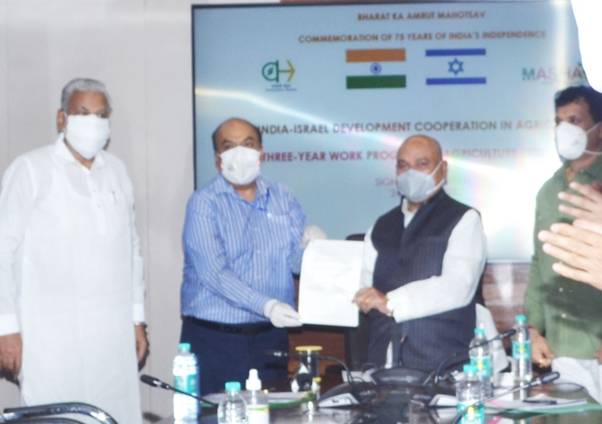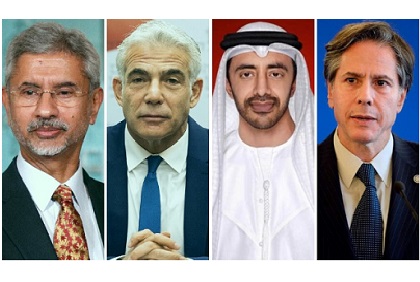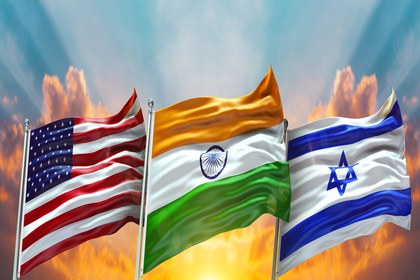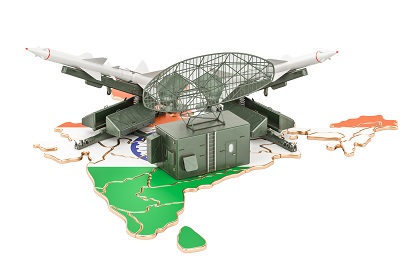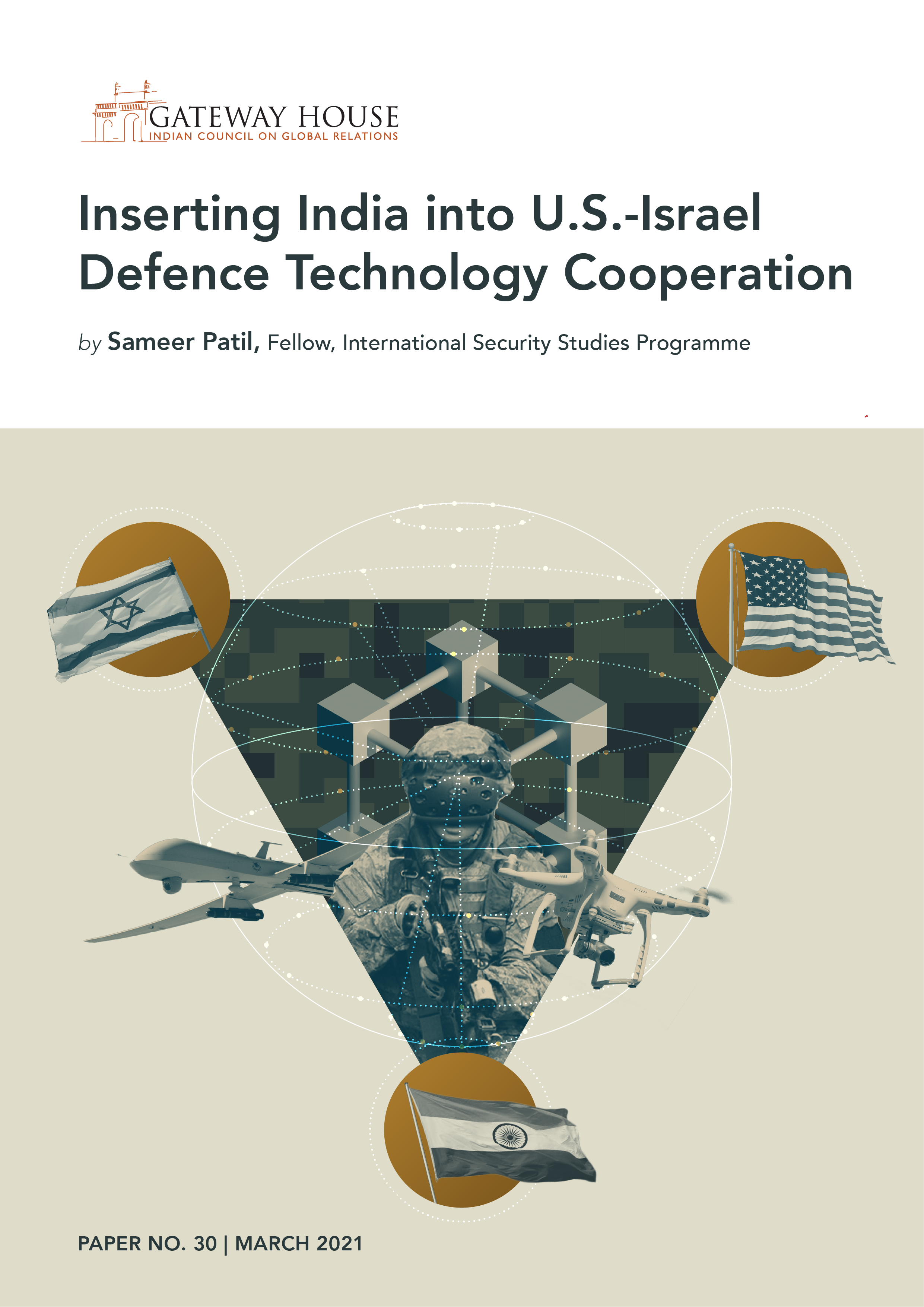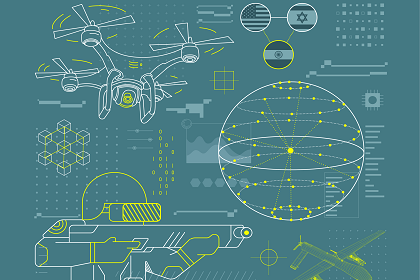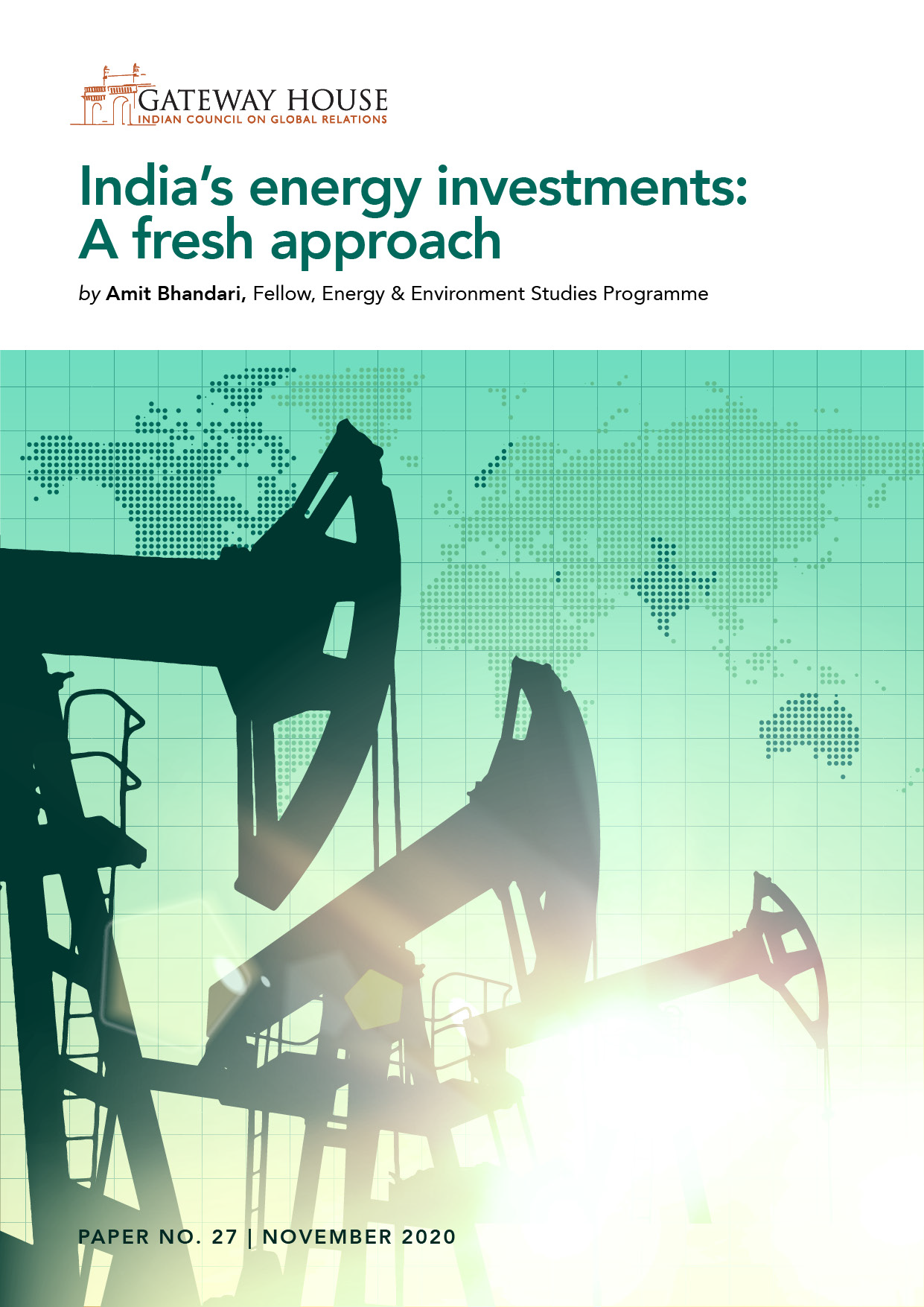Expanding India-Israel climate cooperation
India and Israel have completed three decades of diplomatic cooperation. Their bilateral partnership in the areas of defence and agriculture is successful. Now is a good opportunity to deepen their existing collaboration in defence and agriculture and identify ways to work together on water security, renewable energy and green healthcare.

